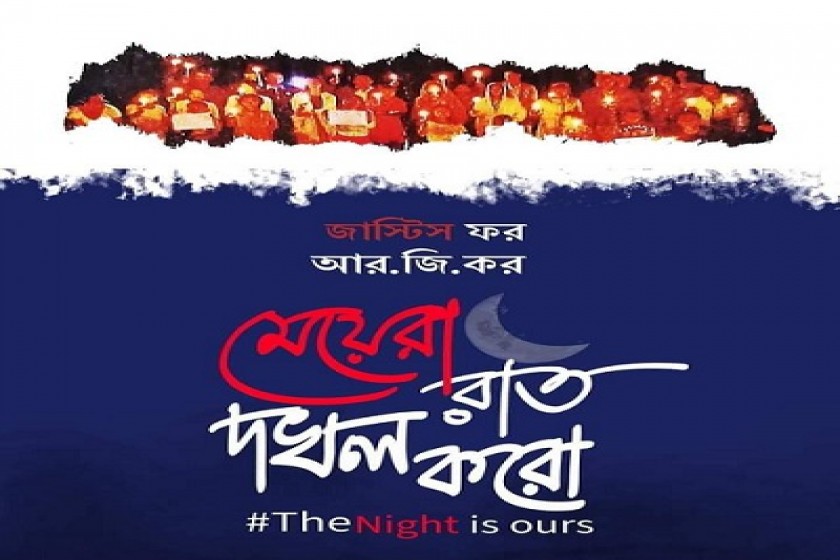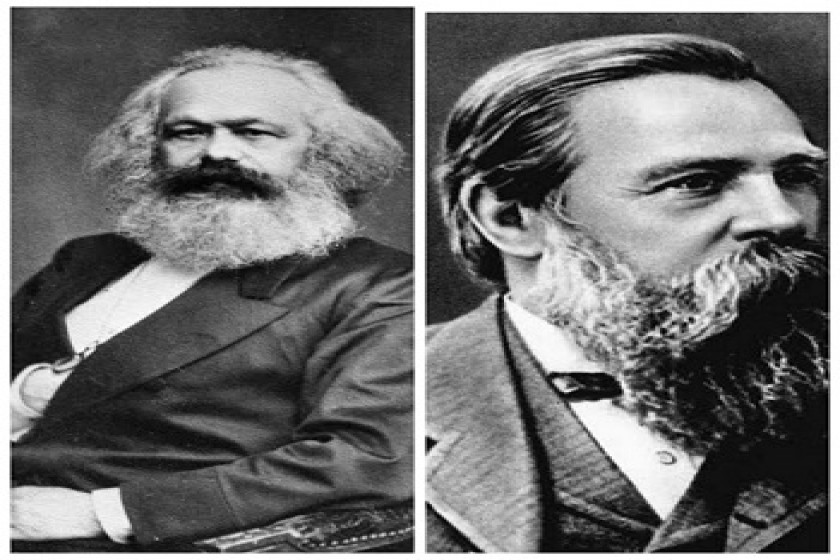Reclaiming the Dark: 14 August Night School on Streets
Ashoke Mukhopadhyay
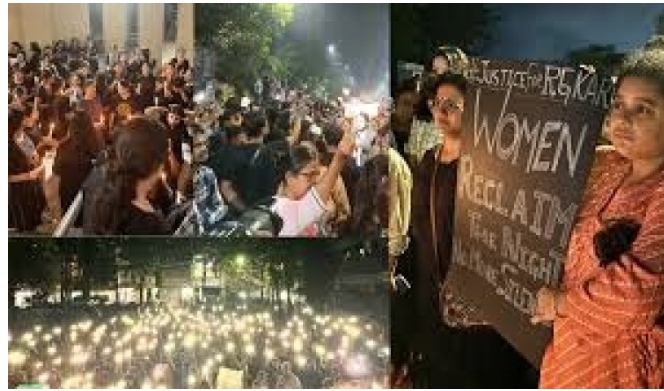
O there they have come outdoors
In the procession to go ahead with force.
Through the ages, amidst the weal and woe
Those who beget life and lose it, lo!
They are here with all hearts in the concourse,
To step in the march with an irresistible force.
Someone flung a brick on the hornets’ stores
That made them change route in deep remorse.
Those who from the autumn to summer
Rushed for goal hither and thither,
On the road they mark in the world and endorse,
In firm steps they tread with irresistible force.
[Sukanta Bhattacharya, “Here we have come”/Sleepless;
My translation from the Bengali text]
However heart rending be the rape and murder of a house staff on duty at the RG Kar Medical College and Hospital, Kolkata in the early hours of 9 August 2024, whatever the intensity of the tsunami in our flickering conscience due to it, the incident is nothing new in the country or in the state of West Bengal. We witness something similar here every year. We see things like this in the Northern India every month. But the public reaction in response to this incident had many new elements, many surprises for us. It brought something for us, the forces of movement, to learn anew. I would like to highlight these aspects below.
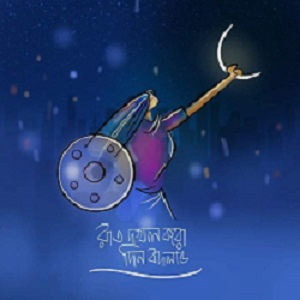
Girls Reclaim the Night!
I do not properly know who had called for this programme on 14 August night at three places, Jadavpur, College Street and Academy premises, nor with whom they had planned and how many people they had intended to gather. But some sceptics had raised a host of questions: How will the women go to these places? Either by personal car, or by booking app-cabs. But what about those who have no capacity to do so?
With this single question the critics condemned this as an elitist programme. It was a fashionable parade of revolution of the high middle class women. They now want to make a show of deed outside the social media. And so forth!
Not only this.
The self-styled Marxists then brought the issue of class struggle. Is the working class a party to this gathering? The peasants? The womenfolk of the poor and lower middle class families? And how will they come and join? Where is the resource?
If class struggle comes, can state be far behind? Do these conveners of the programme know that there is an all pervasive autocratic state, impervious to the sufferings of the people and demanding only their absolute obedience, behind these rapists and murderers? What do they say against this state? How do they approach it? It’s a programme that does not aim at touching the state, concentrates only on rallies, candle march, slogans, recitations, songs and dance, etc.—do such things challenge the state? On the contrary the task of creating a mighty people’s movement is likely to be halted by this.
And similar momentous arguments.
Were these wrong? If not, why do you object to these?
I admit, the arguments were not wrong at all. Only inappropriate. Do not apply here. Truth is verily different from a bunch of merely right words. The latter can be uttered anywhere, irrespective of place time and actors. The English language has a nice word to designate it—trite! A statement that can be applied anywhere is a trite, not a truth. Truth is a context-specific thing, conditional. Beyond limits a truth becomes untruth and inapplicable.
You mean to say, the questions of class, class struggle, and of confronting the state are inappropriate? Untrue? How dare you? Do you know what Comrade Lenin said on the que---?
Have patience comrades. Before you cite Lenin kindly rethink and re-examine ten times whether you understand his words properly. Otherwise the quotations will be no different from sermons. In a debate with Pyatakov Lenin had warned him: Strong words are hardly ever strong arguments! Please keep it in mind. In a different context he recalled a line from a poem by the great German author Johann Wolfgang von Göthe: “Grau, teurer Freund, ist alle Theorie und grün des Lebens goldner Baum” (meaning: Theory is grey my friend, and green is the eternal tree of life)!
You should have entertained some patience.
Suspending your judgment till some time later you might see the number of sites of the gathering grow steadily and spontaneously and finally . . . exceed two hundreds in just two days. The deep blue hued poster spread to a number of towns and villages. So?
So the questions that had been stirring the pure and simple Marxist minds began to find answers one by one.
The problem of visiting faraway places in the midnight was automatically solved. Those who would like to join a night rally could choose the spot nearerby and get there on foot, by bicycle, rickshaw or scooty. Having a personal car or not, having the resources for booking an app cab became unnecessary, therefore irrelevant. The blemish of elitism was deleted.
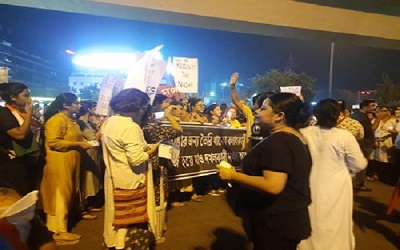
What about the working people?
They also joined. In several corners of the state the auto and rickshaw pullers announced that they would run their vehicles whole night. Some of them went a step further and told that they would not charge ladies any fare. And it happened in many places.
The moment the movement spread to the districts, women as well as people of all walks of life, including a large number of working people joined the rallies. Otherwise how could there be such big gatherings everywhere? Ya, the number grew for a large section of the menfolk—students and youths—came to the assemblies, as comrades of the women. An extended appeal had circulated among them. Hardly one called another to the programme other than forwarding the message. They saw the message and went to the respective nearer gathering. People known to one another were surprised as well as pleased to see each in the rally and say, “So you have also come? Very nice of you.”
However, didn’t you observe jubilation and a festive mood among those who had come, rather than pain and grief?
Ya, I saw that. Obviously. The main incident provoked pain and anguish in their minds, and the protest gatherings in so huge number and in so many places fostered the sense of joy. It was quite expected. As the Marxists say, Revolution is the festival of the masses! Revolution implies death, murder and bloodshed. How can that become a festival? It happens at the hope of triumph, in the conviction of sure progress, with the firm steps of the fighters for emancipation.
You are calling this a revolution? Comparing it with revolution? Strange!
Really strange. I also submit.
It is a commonplace knowledge that whenever a girl is raped or molested outside, the state, the administration, the male chauvinists, and even a section of the guardian-acting women raise a question: “What was she doing there in that dark of night?” Women should not go and stay outdoors in late hours alone, they must have a male companion as a guard. Don’t disregard Manu in full, pay heed at least to half of his precepts.
These women have defied that two thousand year old Manu’s script. In order to get hold of half of the sky they have to lay hands upon half of the night. They didn’t ask, when will the sun rise after the dark. They asked, when the sun will go down in the horizon, when darkness will fall. We shall be on road in the dark.
It’s a revolution too. It’s not state and revolution. The state was not truly much alarmed at it. Even then. It is a radical switchover in the mindset. Carving an irreparable hole in the walls of prejudices. A cultural revolution. As Mao once observed, Revolution begins in the consciousness! This revolution turns women in themselves into women for themselves. If we refuse to call this a revolution, the term loses its dignity. For a comparison just remember, when John Reed had seen a poster in different restaurants in Moscow in 1917: “No tips are taken here, don’t insult us!” he said to have sensed the coming of the Revolution!
For the first time in my knowledge hundreds of thousands of women gathered at places and there was not a single selfie posted in the social media “See, here I am”! It was a revolution, which I feel I should salute!
Was it not an apolitical programme? How far could it go?
No, it was not apolitical a programme. It had a strictly well-defined political agenda: Justice for RG Kar Rape and Murder Victim! It is seething with a politics demanding penal action against rape and murder, a politics contra the politics of protecting the rapists and murderers. But a politics without party banners.
Why are they going to bypass the parties in such a grand protest demonstration? If the parties join, their experienced leaders come and the disciplined activists add to the rallies, the movement should gain in momentum and orientation. That might be a huge gain. Even then why do the demonstrators get away from them?
We have to ponder over the problem.
On account of a host of historical reasons the left parties of our country have lost credibility on the question of mass movement and providing leadership to it. Most of the common activists are strongly unwilling and hesitant to allow them to come to the forefront.
The TMC is engaged in somehow protecting the “those” who might be involved in this rape and murder—a highly possible sequel to the discovery of some corrupt and pervert racket. Naturally all people are doubtful about the sincerity of the TMC Government in getting to the roots of the crime.

And BJP? The BJP is the safest and most cordial shelter of the rapists in the country. From Unnao, Hathras, Kathua, up to Manipur, everywhere BJP leaders are renowned and acclaimed rape-heroes. So everybody took vigilant precaution that the BJP people might not enter the rally premises even without banners.
Those political activists who had acknowledged and accepted these realities had no problem in joining the all-night agitation in various points. With their participation the Reclaim the Night programme became a great success!
So much so that its appeal reached every corner of the country. To Delhi and Bangaluru. On to the streets of Assam. It echoed in the USA, Europe. It found response in the towns and universities of Bangladesh, in Dhaka, Khulna, Rangpur, and elsewhere.
Was there nothing wrong in the programme?
There were many perhaps. We may take stock of those lapses later. And correct them we must. But for the time being we note that this new format of mass movement has opened the gate of a new vista for protest and demonstration, which will go a long way in the history of the mass struggle in our country.
Pessimism! Frustration!! We bid you good bye now!!!

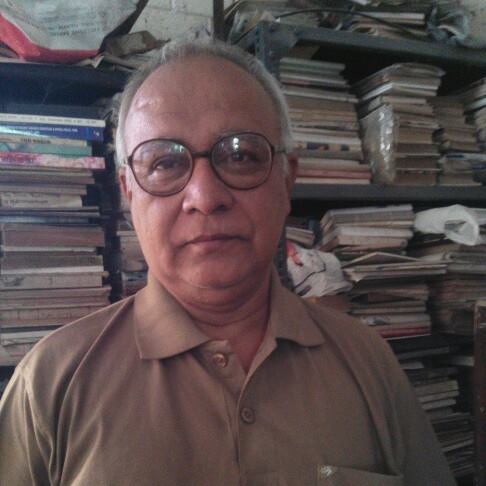 By :
By : 